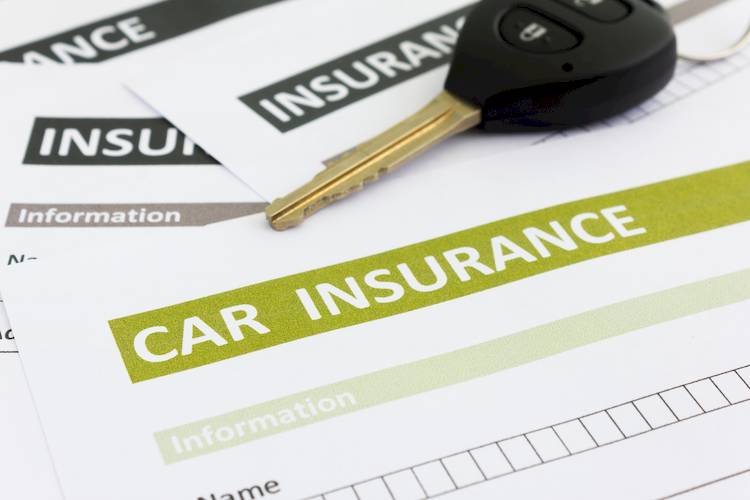

New Hampshire is one of the few states that has no mandatory insurance laws. Drivers can legally register and operate vehicles without insurance, unless they fall under certain circumstances.
However, New Hampshire law does state that any driver who causes an auto accident that results in bodily injury or property damage must pay for those costs. The best way for most drivers in New Hampshire to meet this requirement is to carry insurance. If you are at fault in an accident, and do not carry insurance, your driver’s license will be suspended until you can show that you are able to meet the costs from the damages and injuries occurred in the accident.
While New Hampshire does not require any minimum coverage for drivers, it does impose minimums for liability insurance plans offered by insurance providers. Any insurance provider must offer the following minimums for liability insurance:
A minimum of $25,000 per person, for bodily injury or death. This means you’ll carry a minimum of $50,000 to cover the lowest possible number of people involved in an accident (the two drivers).
A minimum $25,000 for property damage liability
Medical coverage of at least $1,000, to pay for your own medical expenses
Uninsured motorist insurance that matches the total minimum liability insurance for both bodily injury and property damage ($75,000)
This means that the total minimum amount of financial responsibility an insurance provider can offer is $151,000 to cover bodily injury, property damage, medical coverage, and uninsured motorist insurance.
SR-22 requirements
Some drivers in New Hampshire may be required by law to file an SR-22 document, which is a Proof of Financial Responsibility, or auto insurance. This document guarantees that a driver will carry liability insurance for at least three years. This document will be required for drivers under these circumstances:
Drivers convicted of driving while intoxicated
Drivers who have been classified as a habitual offender of traffic violations
Drivers who have received too many demerit points on their driver’s license
Drivers found at fault for an accident where they did not carry insurance
Drivers who are found guilty of leaving the scene of an accident
New Hampshire Automobile Insurance Plan
In the event that you wish to carry insurance, or are required to do so due to the requirement of filing an SR-22, you must seek insurance through an authorized insurance provider. If you are considered a high-risk driver, insurance companies have the right to deny coverage.
In these cases, New Hampshire maintains the New Hampshire Automobile Insurance Plan program, which allows insurance providers to share the risks of covering high-risk drivers with other providers. Any driver may apply for a plan through the New Hampshire Automobile Insurance Plan program with an insurance company that participates in the plan.
For more information, contact the Division of Motor Vehicles of the New Hampshire Department of Safety through their website.



